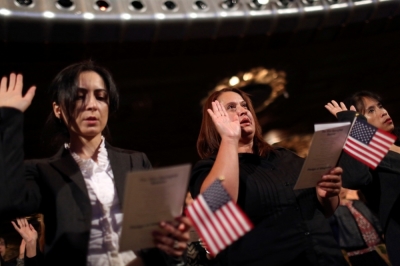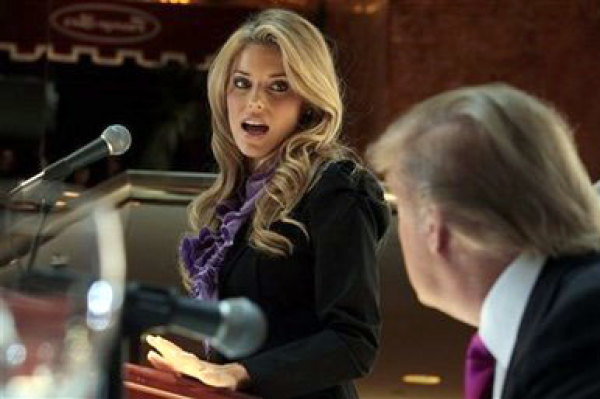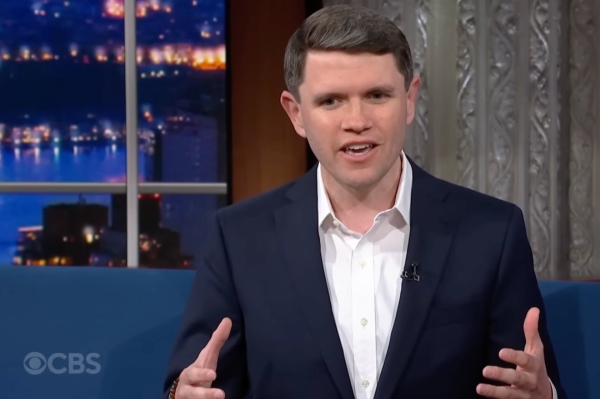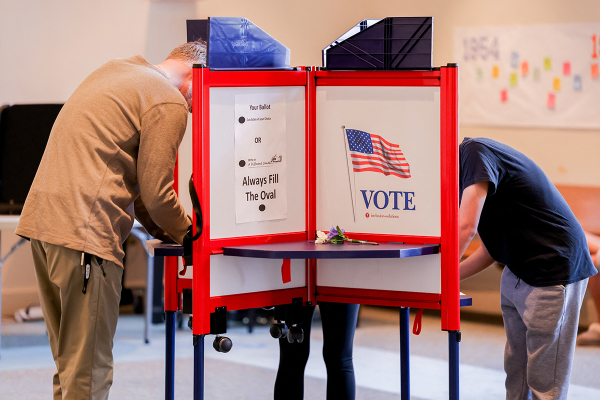The importance of constitutional oaths of office

After affirming the supremacy of the Constitution, the laws, and the treaties of the United States, Article VI of the U.S. Constitution provides that “The senators and representatives … and the members of the several state legislatures, and all executive and judicial officers both of the United States and of the several states, shall be bound by oath or affirmation to support this Constitution.”
Despite the arguably sacred nature of oaths, Article VI departed from state constitutions of the day by prohibiting any “religious test” for public office. This did not prevent early incoming presidents from kissing the Bible while taking their oath, or later adding the words “so help me God.”
Taking the constitutionally prescribed oath to “execute the Office of President of the United States” and “to preserve, protect and defend the Constitution of the United States” transforms a president-elect into a president. After expressing envy of the words that incoming president John F. Kennedy had spoken on inauguration day in 1961, his defeated opponent, outgoing vice-president Richard Nixon, clarified, in a rare moment of humor, that he was not thinking of the eloquent words of Kennedy’s inaugural address but of the words beginning with, “I do solemnly swear.”
Long after Chief Justice John Marshall affirmed the power of judicial review in Marbury v. Madison (1803) partly on the oath that judges took to uphold the Constitution, Judge John Gibson dissented in a Pennsylvania case known as Eakin v. Raub (1825). There he argued that the oath was not unique to judges but was “taken indiscriminately by every officer of the government and is designed rather as a test of the political principles of the man, than to bind the officer in the discharge of his duty.”
Gibson was not the first to make such an argument. During debates over the oath at the Constitutional Convention, James Madison recorded that Pennsylvania’s James Wilson argued that oath provided only “a left-handed security,” because “a good Govt. did not need them, and a bad one could not or ought not to be supported.” Wilson also feared that such an oath might be an obstacle to needed constitutional change, although Nathaniel Gorham of Massachusetts sensibly responded that “A constitutional alteration of the Constitution, could never be regarded as a breach of the Constitution, or of any oath to support it.”
The recent hearings before the January 6 Committee suggests that Gibson and Wilson were mistaken. The oath has served in some critical cases to steel the resolve of governmental officials when they confronted the temptation to make decisions on the basis of personal desire, political party affiliation, or expediency. Gorham was unusually prescient in highlighting the duty of officials to follow existing constitutional language and principles unless and until altered through constitutional means.
While supporters of Trump’s specious claims appealed to “theories” over “facts,” Arizona House Speaker Rusty Bowers, refused to submit an alternate slate of electors because he would not break his sacred oath. Georgia’s Secretary Brad Raffensperger and his chief operation officer Gabriel Sterling expressed similar sentiments, even as Trump launched false accusations against front-line election workers like Wandrea “Shaye” Moss, who, with other family members, faced physical intimidation.
Although oaths may appear to be mere formalities, the first law that President George Washington signed into law dealt with the time and manner of administering oaths. As Southern leaders ignored their oaths and sought to lead their states out of the Union after a presidential electoral defeat in 1860, incoming President Abraham Lincoln felt compelled by his oath to preserve it.
If this glorious Union is to continue to be a democratic republic, contemporary officials must remain similarly committed to their oaths to protect and defend the Constitution that created and sustains it.
John R. Vile is a Professor of Political Science and Dean of the University Honors College at Middle Tennessee State University. He is the author of numerous books on the U.S. Constitution and its interpretation and development.





















